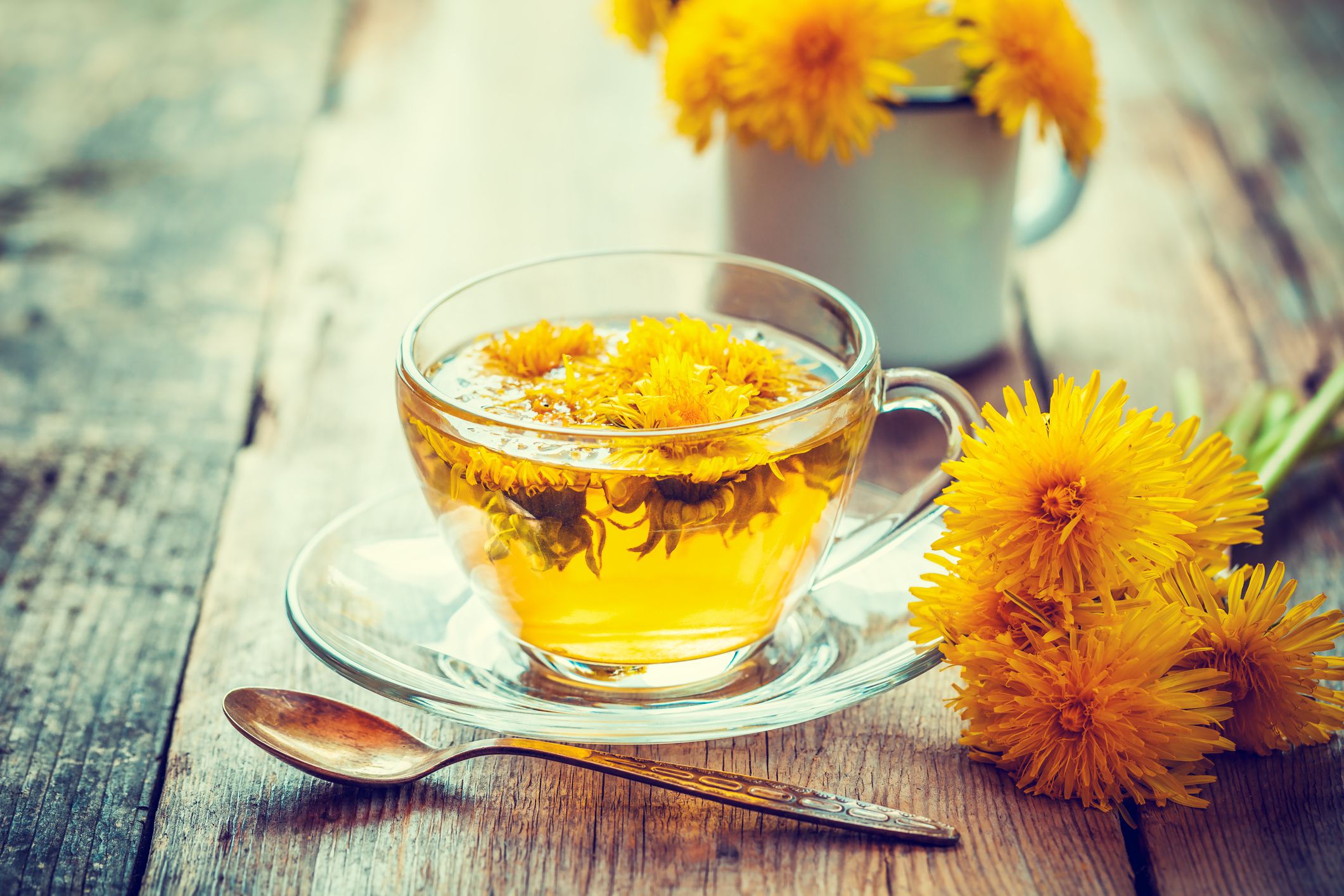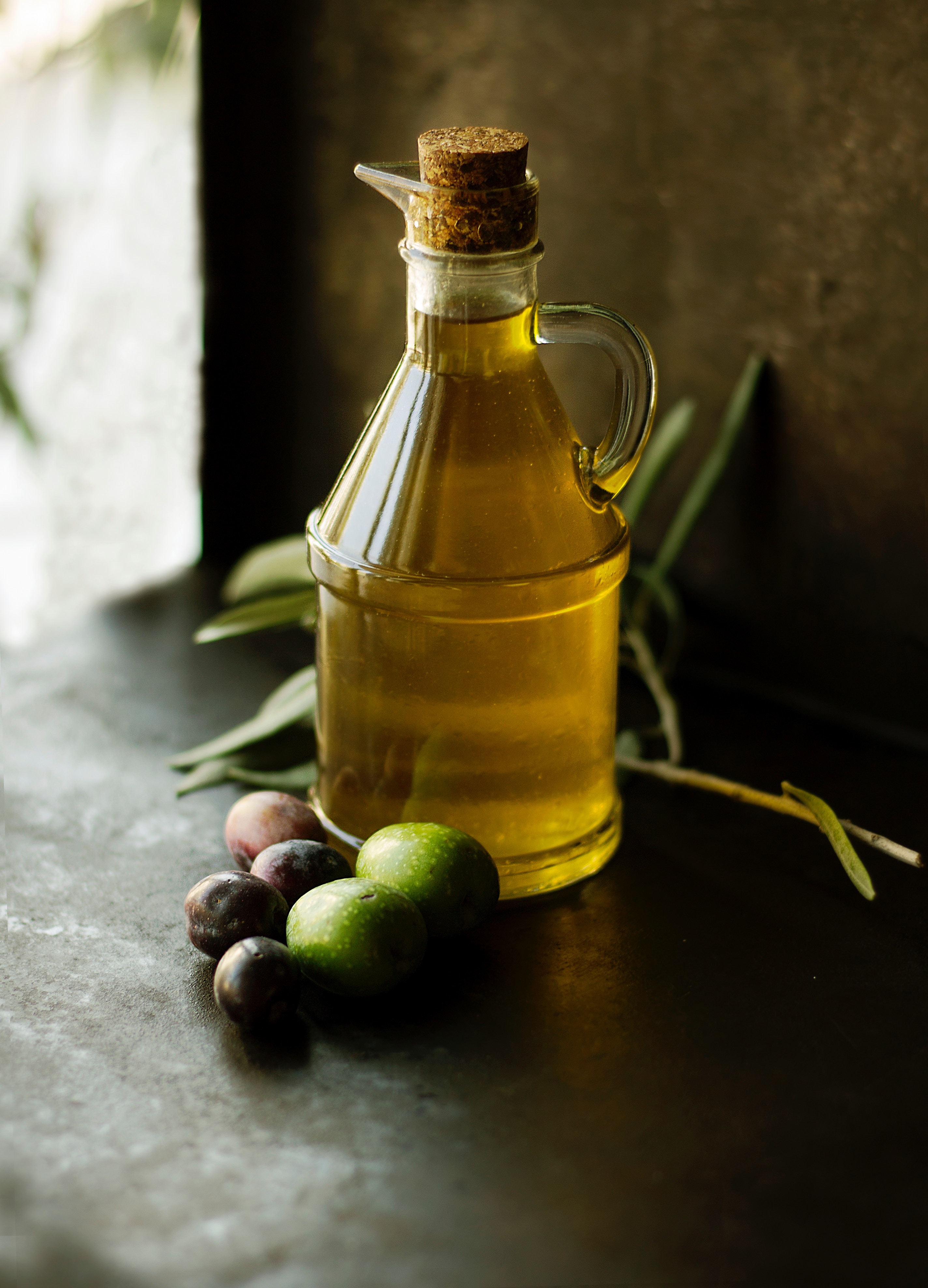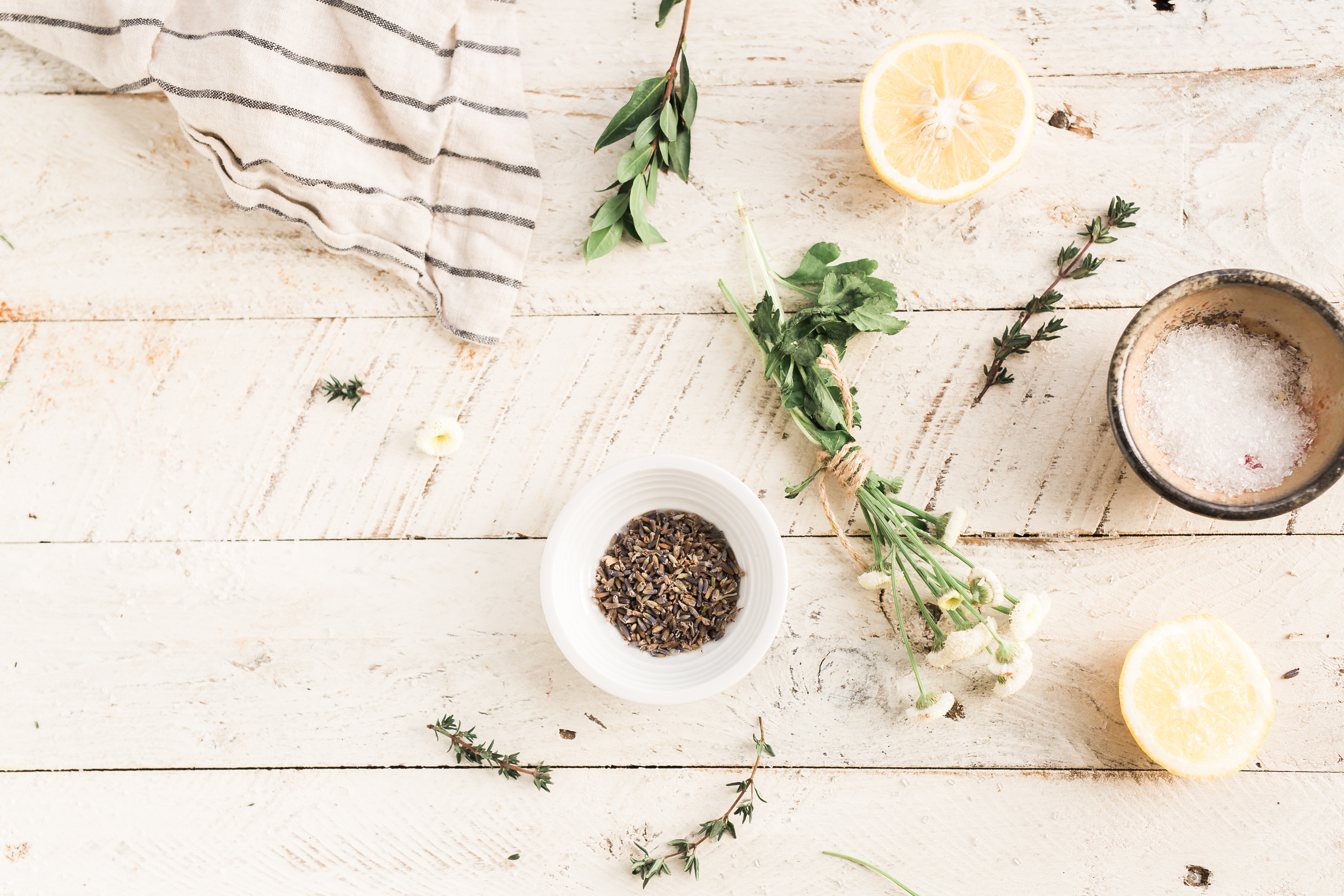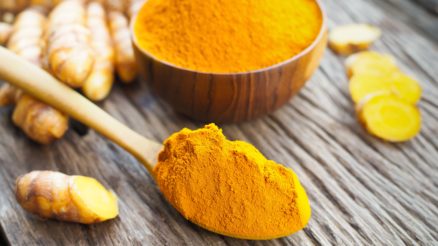Dandelions are plants with yellow flowers that grow in many parts of the world. They are most commonly thought of as stubborn weeds that overrun gardens and lawns.
For centuries, dandelions have been used as herbal remedies to treat various ailments. The entire dandelion plan, including the leaves, stems, flowers, and roots, is in fact both edible and highly nutritious. The leaves and roots are sometimes blanched prior to consumption to remove their bitterness.
The benefits of dandelions include:
1. High Nutritional Value
The dandelion plant is rich in antioxidants like beta-carotene and polyphenols. Antioxidants work to prevent or slow damage to cells from molecules known as free radicals. The leaves contain various vitamins – including vitamins A, C and K. The plant is also rich in minerals like iron, calcium, potassium and manganese.
2. Aiding in Digestion
Traditionally, dandelion has been used as a remedy for constipation and indigestion. Dandelion tea is said to work as a mild laxative as it may help in stimulating bowel movement.
3. Detox for the Liver
For centuries, dandelions have been used as a medicinal plant in detoxing the liver. They are also known to improve the flow of bile. A recent animal study revealed that dandelion root could lessen liver damage in rats although more studies have yet to be conducted to conclude whether the same is in humans.
4. Helps to Regulate Blood Sugar
Recent studies have shown that dandelions may help to regulate blood sugar. Certain compounds contained in dandelions are said to aid in balancing blood sugar. However, further research is still required to confirm these findings.
5. Improves Kidney Function
Dandelion has also been traditionally used as a natural diuretic. For example, drinking dandelion tea helps to increase urination. This in effect aids in flushing out toxins, salt and excess water. Dandelion thus also aids in reducing water retention.
In addition to the above there is evidence to suggest that dandelion helps to fights inflammation in the body. Research indicates that the plant contains many anti-inflammatory compounds along with antioxidants. Dandelions are also thought to help in reducing cholesterol, preventing cancer, aiding in weight loss and boosting immune function in the body.
To reap the healing benefits of dandelions, the plant can be consumed in several ways:
Dandelion Tea
Perhaps the most popular way to eat dandelions is through dandelion tea. There are a few tea bags available in the retail market. These are easily steeped in hot water and then the water can be consumed.
Another way is to make your own tea. A simple recipe follows below:
Dandelion Tea
Dandelion Flowers, picked fresh – 5 to 7
1 cup boiling water
Maple Syrup – 1 teaspoon (optional)
Coconut Milk – 2 tablespoons (optional, or any other milk)
Clean the flowers well by washing thoroughly. You can use all parts of the flower – roots, leaves, flowers, etc. Pour the boiling water over the flowers and leave it to steep for around 15 to 20 minutes. If desired add the coconut milk and maple syrup and enjoy!
This recipe can also be adapted for cold tea by chilling the mixture after pouring the boiling water over the flowers. Omit the milk and instead add a few slices of lime to the mixture before chilling.
Dandelion Supplements
Dandelion is also available in supplement forms such as capsules, extracts and tinctures. Some supplements use dandelion as ingredients along with other ingredients such as Milk Thistle, Curcumin and Ginger. The dosage should be followed according to the guidelines provided by the supplement manufacturer. As with all vitamins and supplements, it is recommended to check with a medical practitioner before consumption.
Dandelion as an Ingredient
The greens are a great addition to salads and sandwiches. They can also be stir-fried. The flowers can be mixed into pancakes or fritters or even baked into cupcakes. Actually most recipes could possibly be adapted to include some part of the dandelion plant – use your imagination!
Dandelion Greens & Mushroom Stir Fry
2 cups dandelion greens
½ cup sliced button mushrooms
2 garlic cloves, sliced thinly
1-2 teaspoons coconut aminos
Salt to Taste
1 birds eye chilli, finely chopped (optional)
Heat the oil and then add garlic. Fry until garlic is softened. Add chillies if using along with the mushrooms. Fry until mushrooms are nearly cooked and then lastly add the greens, coconut aminos and salt. Fry over a medium low heat until greens are soft. Serve over jasmine rice or quinoa.
Dandelion Flower Waffles
1 ½ cups oat flour
2 teaspoons baking powder
¼ teaspoon cinnamon
¼ teaspoon sea salt
¾ cups almond milk
¼ cup coconut oil
½ teaspoon vanilla extract
2 tablespoons ground flaxseed
6 tablespoons water
10 – 15 dandelion flowers (or more if you like)
Toppings – coconut yogurt, maple syrup, honey, raisins
In a small bowl make the flax eggs by mixing the flaxseed and water. Leave to stand while preparing the other ingredients.
In a medium bowl, combine all the dry ingredients (except for the flowers). Whisk well.
In a small bowl, combine all the wet ingredients and whisk. Make a well in the dry ingredients and pour all the wet ingredients into it along with the flax egg. Mix with a wooden spoon until just combined. Add the flowers and stir to combine. Let the mixture stand for around 5 minutes.
Preheat your waffle maker then pour the batter into moulds. Prepare the waffles according the waffle machine’s manufacturer instructions. Serve the waffles hot with coconut yogurt or topped with maple syrup. Enjoy!
Dandelion Root ‘Coffee’
Again, similar to dandelion tea, there is dandelion root ‘coffee’ available commercially. This is produced from roasting dandelion roots and is said to be a coffee substitute.
Potential Side Effects of Dandelion
Dandelion pollen may cause allergic reactions when ingested and some people may have skin reactions. Similarly the milky sap in dandelion has been known to cause allergic reactions in some individuals. Those who have are sensitive to chamomile, ragweed, marigolds, chrysanthemums or daises should consume dandelion with caution as they may have allergic reactions. These include runny nose, itchiness and /or rashes.
When using fresh dandelions always ensure that they have come from a clean and pesticide free environment. Avoid using dandelions that have come from areas exposed to animal excretions as well.
As with all other herbs, pregnant and breastfeeding women should consult with a doctor before consuming dandelions. For patients that are taking blood sugar modulators it is recommended to check with your physician before consuming dandelions.






